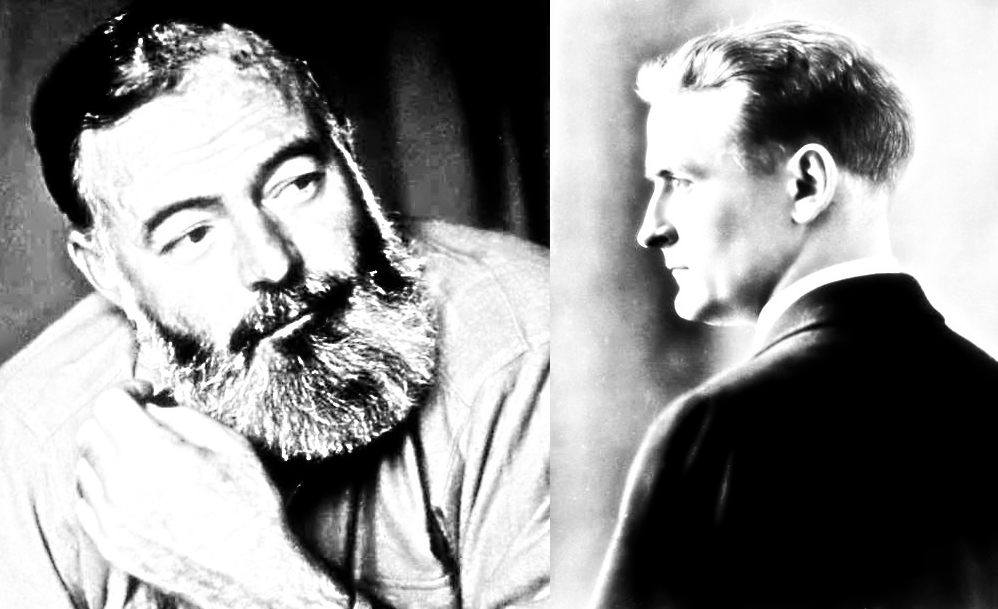We’ve been looking at different types of critical examination recently and New Historicism should be added to the mix due to my own critiquing proclivities (not that there is a “correct” way to critique but this one is just my preference probably due to a background in political science). When I used to think of criticism, I used to think it was just a group of people who were tearing apart art because they were meanies, or they didn’t understand that art was “subjective” (as if it had never crossed their minds), but as one breaks down the discipline of criticism, you start to find an art-form behind the mask of pretension.
Let’s talk about New Historicism
New Historicism came out of the reinterpretations of criticism in the 1980s from authors like Michel Foucault and Stephen Greenblatt. This form of criticism moved away from the “text-centered” application of earlier disciplines (such as Formalism and New Criticism) and embraced a text’s social and political messages.
This is opposed to New Critics, who wanted to view art without interference from the writer, the reader, or from society itself. The New Historicist, meanwhile, attempts to look at art by examining “the social and cultural events that surround the event being described,” which obviously allows for a different amount of depth regarding analysis (researchguide.com).
As further stated by researchguide.com: “New historicism basically takes into account that literary work or rather any literature work has (a) time (and a) place and thus a historical event as its key components …” As such, understanding this allows a critic to pull from the text a greater context of the piece: when and where it was written, which could help further identify and make sense of the piece.
Why is it important?
As poetryfoundation.org states: “New Historicists look at literature alongside other cultural products of a particular historical period to illustrate how concepts, attitudes, and ideologies operated across a broader cultural spectrum that is not exclusively literary” (poetryfoundation.org). As stated, I think what this particular discipline of criticism does well is give the societal implications of a text a sort of life that might otherwise be in the background, which is important especially if you consider the myriad of books written with history in the background (I think about The Catcher and the Rye or Philip Roth’s Indignation).
Works Cited
https://www.poetryfoundation.org/learn/glossary-terms/new-historicism
https://www.aresearchguide.com/new-historicism.html







